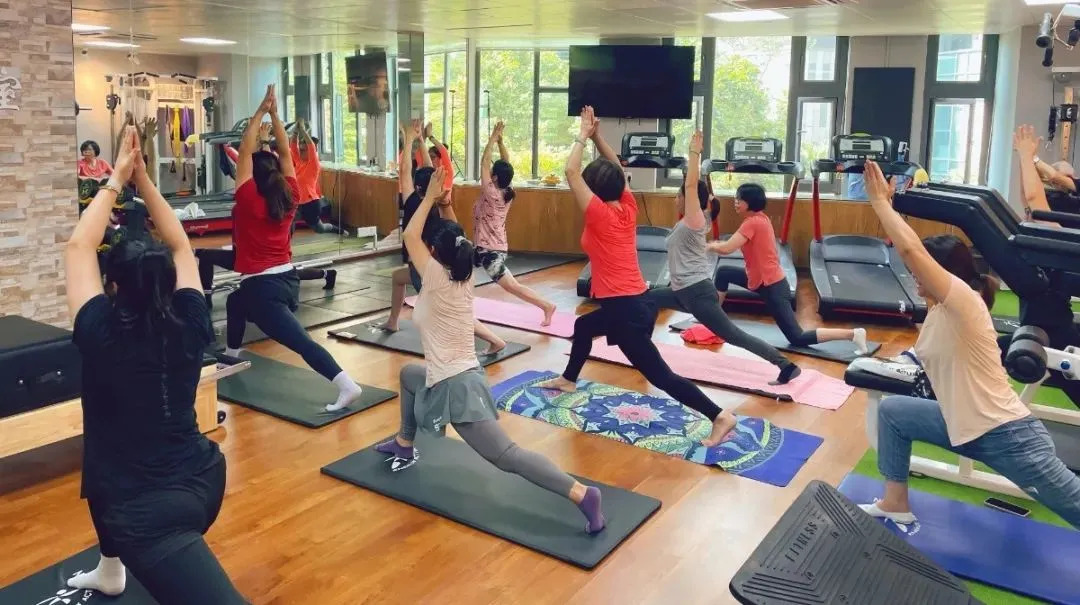A shared online spreadsheet documenting working hours across different industries in China has gone viral on Chinese social media.
Initiated by four recent graduates born between 1996 and 2001, the document started as an information-sharing tool to help job seekers evaluate offers. Many netizens have chimed in and shared their companies’ work schedules.
Details include companies’ names, departments, positions, cities, working times, mealtimes, workdays, and job demands. It covers a variety of industries such as tech, finance, real estate, architecture, and education.
Although the document is now only readable and not open for edits out of fear of cyber vandals, netizens can still submit information via an online form.

Screengrab via Zhihu
According to one of the four organizers, the project has become a collective effort to make working hours more transparent and unite young people against unreasonable overtime.
“At this point, this is not just an information-sharing project but a social effort. We hope to make a certain contribution to banning 996 and popularizing 955,” spreadsheet organizer @秃头才能变强 posted on China’s Quora-like platform Zhihu, referring to China’s notorious 996 work culture that requires employees to work from 9 AM to 9 PM, six days a week.
He added that people can only enjoy overtime work if it’s for self-fulfillment.
“For example, I have been working 996 on this spreadsheet for the past two days. But I am happy. I am enjoying the process,” he said. “Witnessing the growth of this spreadsheet and reading the encouraging feedback from other people, I feel fulfilled.”
According to his post, the document had collected information from 1,173 companies and had more than 100,000 views as of 7 PM, October 12. He has since blocked direct messaging on his Zhihu account.
Got in touch with the organizers, they told me they have changed the name of their campaign from “Worker Lives Matter” to “Working time” for political sensitivity reasons. They also told me there are already 6000 plus people who have joined their QQ group discussions
— Siyuan Meng (@SiyuanMeng9) October 13, 2021
The project was initially titled ‘Worker Lives Matter’ but later changed to ‘Working Time’ for “political sensitivity reasons,” according to a tweet by former RADII staff writer Siyuan Meng.
This project has generated heated discussions on Zhihu, where most netizens expressed their support.
“I appreciate the people who have founded and worked on this spreadsheet. It must be time-consuming to do all the work,” one commenter said.
“This document provides more information and paints a more realistic picture of these companies for the public. It helps people to know what to expect and urges corporations to treat workers better,” another netizen opined.
Though the statutory working time is eight hours a day and no more than 44 hours a week, according to Chinese labor law, companies in China, especially big tech corporations, still demand excessive working hours.
As young Chinese people become increasingly disillusioned with work, they are seeking a healthy work-life balance. Slang terms for slacking off at work such as laying flat (躺平) and touching fish (摸鱼) have become popular among China’s burnt-out youth.
“Life is more important [than work.] We hope we can work hard but at the same time live a good life,” wrote one netizen on Zhihu.
Additional reporting by Lu Zhao
Cover image via Unsplash




















